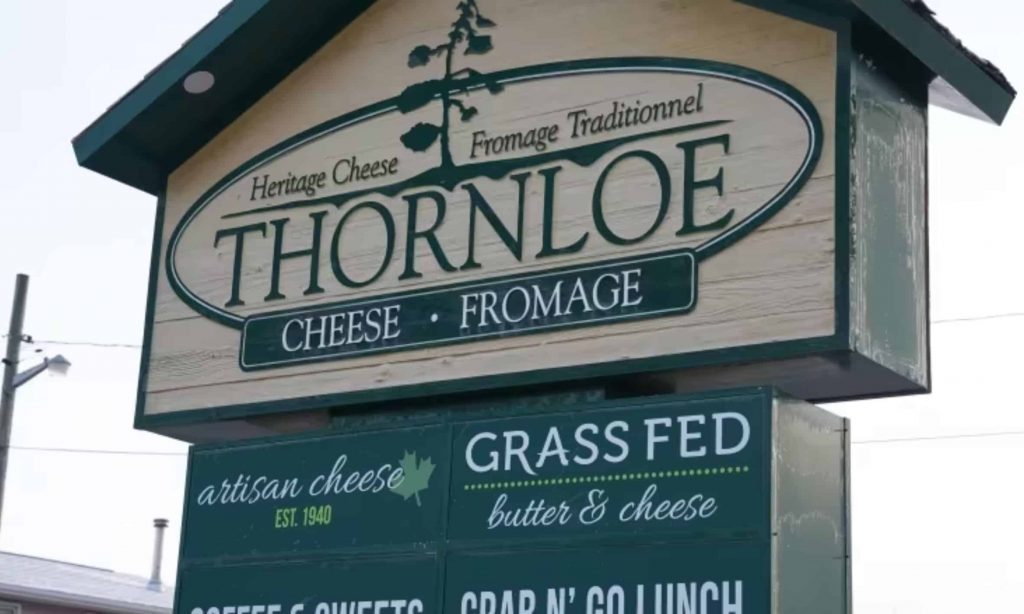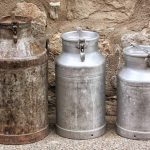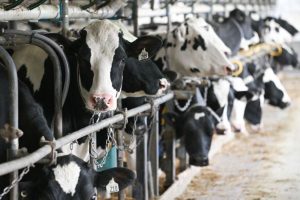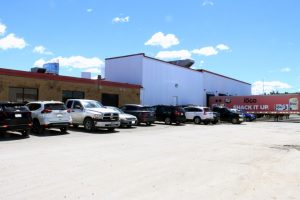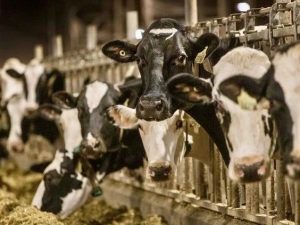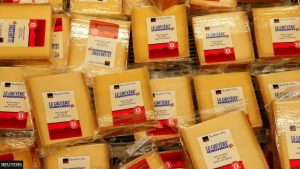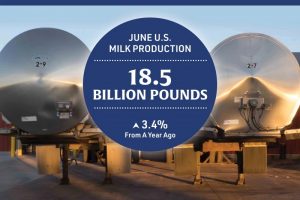
Vic Fremlin never thought Thornloe Cheese would have shut down most of its dairy plant operations.
“I never thought that they would be in this predicament,” said Fremlin, who owns Lock City Dairy in Sault Ste. Marie, Ont.
But now only a five-person crew remains at the Temiskaming-area plant that recently employed about 30 people.
Owner Gay Lea Foods said it was no longer financially viable to keep most of Thornloe Cheese’s operations running because the facilities, built in 1969, would need $10 million in upgrades to meet modern standards.

Don Farquhar, president of Farquhar’s Dairy in Espanola, said only a small number of dairy plants remain in the region.
“I think it’s unfortunate that another food manufacturing plant is closing in northern Ontario,” he said.
“I was thinking back about when I started in the business 30 some years ago, and at one time there were 10 dairy plants at least in northern Ontario. And now there’s only a couple of us left.”
According to the province, there are eight licensed dairy plants in northern Ontario — counting Thornloe Cheese — but the majority are small artisanal cheese makers like Thunder Oak Cheese in Thunder Bay and Nickel City Cheese in Greater Sudbury.

Challenges for small producers
At Farquhar’s Dairy, their main business is processing milk from farmers and businesses like Lock City Dairy.
If they didn’t exist, Farquhar said northern Ontario dairy farmers would have to ship their milk further away, to southern Ontario.
A local dairy plant, he added, also contributes to the community it is in.
“I believe that people from the north want to support local enterprise,” Farquhar said.
“We support many area food banks, charities, organizations, employ people in the north, pay taxes in the north, and I think people want to purchase our products.”
Due to more consolidation in food and dairy production, Fremlin said, it’s difficult for small dairy producers like Lock City Dairy to get by.
Some major grocery chains don’t feature his milk in their northern Ontario stores, he said, because they have contracts in place with larger producers.
“The government should not allow big corporations to have 100 per cent of the market,” Fremlin said.
“They should allow the local guys from northern Ontario to be able to be in the same market as the big guys.”
Fremlin said he’s able to get his milk on northern Ontario store shelves up to five days faster than bigger corporations because it’s processed in the region — at Farquhar’s — and doesn’t have to travel as far.
